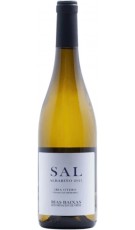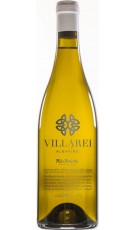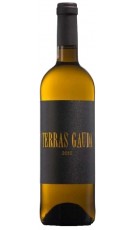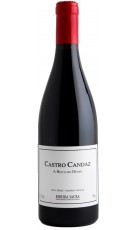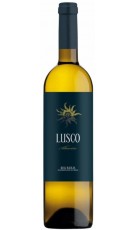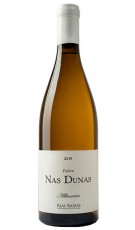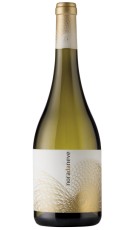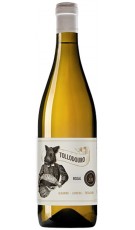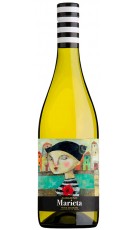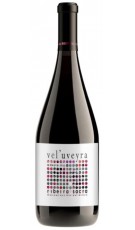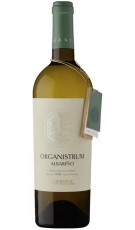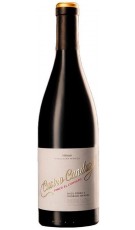
Galicia There are 218 products.
En el siglo XIV, Galicia exportaba esquejes a otros viñedos europeos. En el siglo XIX, toda la región sufrió una economía deprimida y muchos viñedos se abandonaron por la despoblación al emigrar los trabajadores. Los trabajadores de la vendimia gallega fu...
Catalog
-
Sal de Albariño 2024
White Wine.IRIA OTERORías BaixasIria Otero Sal Albariño, a wine with soul and without haste. Pure reflection of the environment and the history of the Ribeiro.
Reduced price!In stock -
Villarei 2023
White WineBODEGAS PAZO DE VILLAREIRías BaixasWhite Wine Crianza, 6 months in oak barrels with its less
Reduced price!In stock -
Terras Gauda Etiqueta Negra...
White Wine.BODEGAS TERRAS GAUDARías BaixasTerras Gauda Black Label, a wine that fills the mouth with its great structure and power. It is unctuous, enveloping and elegant as well as fresh thanks to its excellent fruity acidity.
Reduced price! -
Castro Candaz A Boca do...
Red Wine CrianzaRAÚL PÉREZ VITICULTORRibeira SacraThis wine was born from the joint project between Raúl Pérez and the winemaker Rodrigo Méndez in the Ribeira Sacra sub-area of Lugo, using native grapes, resulting in wines...
Reduced price! -
Lusco 2023
White Wine CrianzaPAZOS DE LUSCORías BaixasWhite Wine Crianza, 6 months with its fine less
Reduced price! -
Nas Dunas 2022
White Wine.BODEGAS FULCRORías BaixasNas Dunas is a single-varietal Albariño white wine from Finca A Xesteira, one kilometer from the island of Ons, in Sanxenxo. Its 11-month aging in barrels brings complexity and a palette of nuances...
Reduced price! -
Nora da Neve 2022
White wineBODEGAS VIÑA NORARías BaixasWhite Wine, 7 months in french oak barrels
Reduced price! -
Tollodouro 2022
White WineADEGAS TOLLODOURORías BaixasWhite Wine, 4 months in oak barrels with its lees
Reduced price! -
Vel'uveyra Mencía 2022
Red Wine CrianzaRONSEL DO SILRibeira SacraRed Wine Crianza, 9 months in french oak barrels
Reduced price! -
Organistrum 2021
White WineMARTÍN CÓDAXRías BaixasWhite Wine, aged during 6 months
Reduced price! -
Castro Candaz Finca El...
Red Wine CrianzaRAÚL PÉREZ VITICULTORRibeira SacraThis wine was born from the joint project between Raúl Pérez and the winemaker Rodrigo Méndez in the Ribeira Sacra sub-area of Lugo, using native grapes, resulting in wines...
Reduced price!
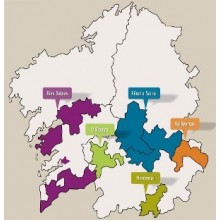
En el siglo XIV, Galicia exportaba esquejes a otros viñedos europeos. En el siglo XIX, toda la región sufrió una economía deprimida y muchos viñedos se abandonaron por la despoblación al emigrar los trabajadores. Los trabajadores de la vendimia gallega fueron en parte los que contribuyeron con su labor a desarrollar los viñedos en bancales de la región del vino de Oporto del Duero. Cuando España entró a formar parte de la Unión Europea en 1985, comenzaron a llegar fondos a Galicia que ayudaron al resurgimiento de la industria vitivinícola.

(+34) 91 129 11 11
(+34) 638 458 218
- Brandy
- Cognac
- Gin Premium
- Ron
- Whisky
- Denomination of Origin
- Winery












